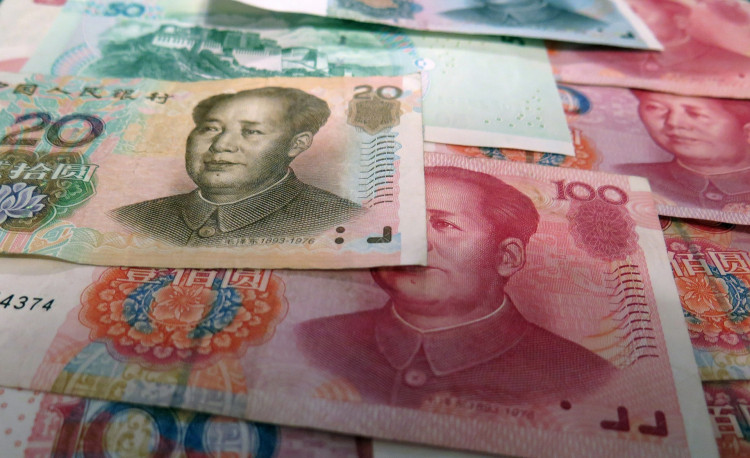Making decent cash in a highly-demanding market that is being dragged by different economic forces has become a crucial challenge for sovereign-bond traders in mainland China of late.
With 10-year treasury bills changing hands within the tightest of range in seven years, Chinese investors are casting their networks far and wide to boost returns.
The country's 10-year yield this year has so far been on the downside at 9 basis points, missing out on a rally that took the global a stockpile of negative-yielding bonds to a record $17 trillion in August.
When it effectively withdrew liquidity from the financial system, the People's Bank of China helped trigger a sell-off in October, but bonds have since stabilized after a series of unexpected policy rate cuts and cash injections.
But that wasn't enough to spark a rally: this week the PBOC announced it will continue to refrain from large-scale easing. Traders are also impacted by a production increase in local government notices. Here is how traders are weaving through the markets in the last few days:
Chinese quasi-sovereign treasury notes
According to Jason Pang, a fixed-income portfolio manager at JPMorgan Asset Management, Beijing's quasi-sovereign policy bank notes - especially in the three-year tenor - are worth taking a serious look into.
The bonds are in a "sweet spot" as they benefit from any injections of liquidity and still provide a decent yield above 3 percent higher from roll-down returns, he said, alluding to the method of unloading a note as it is about to mature.
Apart from Japan's fixed income at PineBridge Investments, Arthur Lau, head of Asia, still favors policy bank debt, as notes yield more than sovereigns. In tenors of five to seven years, this option gives a lot of allure in it.
Investment-worthy credit
While debt analyst Cary Yeung is still bullish on Chinese sovereign bonds, Pictet Asset Management Ltd. is also a fan of onshore investment-grade credit for its "low volatility, good carry, and safe" fundamentals.
Yeung likes short-dated high-yield bonds issued by property companies, as the sales of the sector were doing well and in the future it could see more favorable policies.
Greenback-denominated loans
Toshinobu Chiba, Nissay Asset Management's chief portfolio manager for fixed-income management, took an 'Overweight' role in dollar-denominated Chinese loans in October and sold Chinese government securities as consumer prices grew at the fastest pace since September 2013.
He is considering to acquire Chinese dollar debt, with the expectation that if inflation remains high, the PBOC will have little space to ease monetary policy.
In the coming six months, Chiba says that dollar corporate debt will remain appealing, with rising demand for it being signaled by a narrowing credit spread.





